
Kabwe: Zambia's Historic Gem
Nestled in the heart of Zambia, Kabwe is a city rich with history and natural beauty. Once known as Broken Hill, Kabwe is most famous for the discovery of the Broken Hill Man, a significant archaeological find. Visitors can explore this slice of history at the local museums and historical sites, offering a glimpse into the past that shaped this unique city. Kabwe's charm extends beyond its history. The city is surrounded by scenic landscapes, from lush hills to tranquil rivers. Nature enthusiasts will find plenty to explore, including bird-watching hotspots and serene picnic spots. The Mulungushi River, with its picturesque surroundings, is perfect for a day of relaxation or a gentle boat ride. The local markets are a vibrant hub of activity, where you can sample traditional Zambian cuisine, buy handcrafted souvenirs, and interact with the friendly locals. Kabwe's laid-back atmosphere makes it an ideal destination for those looking to experience Zambian culture at a leisurely pace.
Local tips in Kabwe
- Visit the Broken Hill Mine Site to see where the Broken Hill Man was discovered.
- Explore local markets for unique crafts and traditional Zambian food.
- Take a picnic by the Mulungushi River for a relaxing day in nature.
- Bird-watching enthusiasts should bring binoculars to spot rare species.
- Engage with locals to learn about Kabwe's history and culture firsthand.
Kabwe: Zambia's Historic Gem
Nestled in the heart of Zambia, Kabwe is a city rich with history and natural beauty. Once known as Broken Hill, Kabwe is most famous for the discovery of the Broken Hill Man, a significant archaeological find. Visitors can explore this slice of history at the local museums and historical sites, offering a glimpse into the past that shaped this unique city. Kabwe's charm extends beyond its history. The city is surrounded by scenic landscapes, from lush hills to tranquil rivers. Nature enthusiasts will find plenty to explore, including bird-watching hotspots and serene picnic spots. The Mulungushi River, with its picturesque surroundings, is perfect for a day of relaxation or a gentle boat ride. The local markets are a vibrant hub of activity, where you can sample traditional Zambian cuisine, buy handcrafted souvenirs, and interact with the friendly locals. Kabwe's laid-back atmosphere makes it an ideal destination for those looking to experience Zambian culture at a leisurely pace.
When is the best time to go to Kabwe?
Iconic landmarks you can’t miss
Kabwe Mall
Explore Kabwe Mall, a vibrant shopping and dining destination in Kabwe, Zambia, offering a unique blend of local culture and international brands.
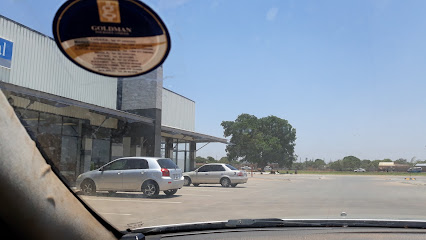
Shoprite Kabwe
Explore the vibrant aisles of Shoprite Kabwe, where local flavors meet international products for an exceptional shopping experience in Zambia.
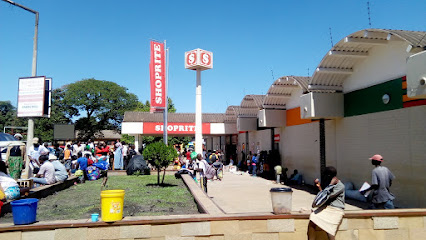
Hungry Lion Kabwe
Experience the best of Zambian fast food at Hungry Lion Kabwe, where crispy fried chicken and local flavors come together in a casual dining atmosphere.
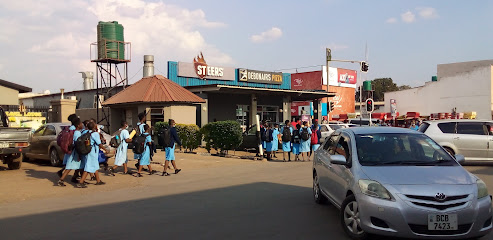
The Fig Tree Cafe
Discover the delightful flavors of The Fig Tree Cafe in Kabwe, a breakfast haven offering a cozy ambiance and a diverse menu to start your day right.
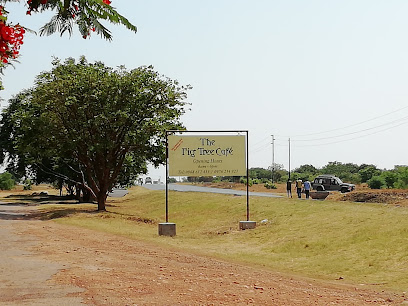
Debonairs Pizza
Experience the best of Kabwe with delicious pizzas at Debonairs Pizza, where local flavors meet irresistible taste in a friendly atmosphere.
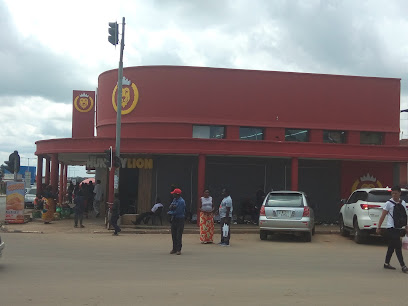
Urban Bliss Hotel
Experience comfort and tranquility at Urban Bliss Hotel in Kabwe, your ideal retreat for exploring Zambia's rich culture and history.

Tuskers
Experience comfort and tranquility at Tuskers in Kabwe, the perfect hotel for your Zambian adventure and relaxation.
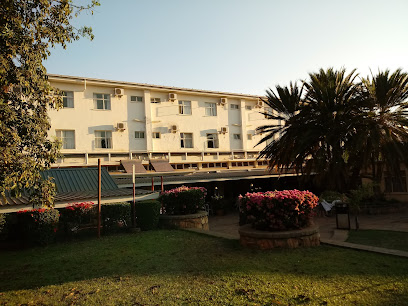
Cafe Choconilla
Experience the flavors of Kabwe at Café Choconilla, a charming restaurant that combines delicious cuisine with a welcoming atmosphere.
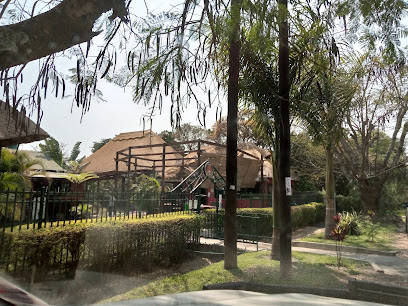
V.K. Motels
Discover comfort and convenience at V.K. Motels in Kabwe, your ideal lodging for exploring Zambia's rich culture and history.
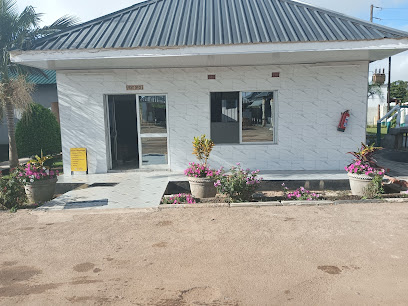
Gonde Lodge Kabwe
Discover unparalleled comfort and Zambian hospitality at Gonde Lodge Kabwe, your perfect retreat for relaxation and exploration.

Neem Park Courtyard
Experience tranquility in the heart of Kabwe at Neem Park Courtyard, your serene getaway for relaxation and exploration amidst Zambia's natural beauty.
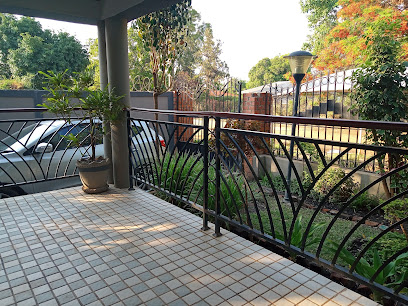
Misuku Lodge
Discover the serene beauty of Misuku Lodge in Kabwe, Zambia, where comfort meets nature in a tranquil retreat.

Kabwe Safari Lodge
Experience the natural beauty and adventure of Zambia at Kabwe Safari Lodge, your perfect getaway for wildlife exploration and relaxation.
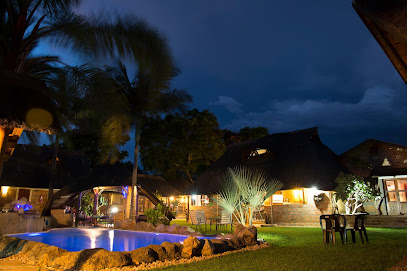
Pizo Lodge
Experience the warmth of Zambian hospitality at Pizo Lodge, your perfect retreat in Kabwe for adventure and relaxation amidst nature.
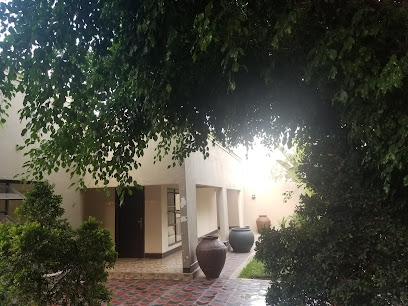
Zambezi source lodge
Experience authentic Zambian flavors at Zambezi Source Lodge, a serene riverside restaurant perfect for food enthusiasts and nature lovers.
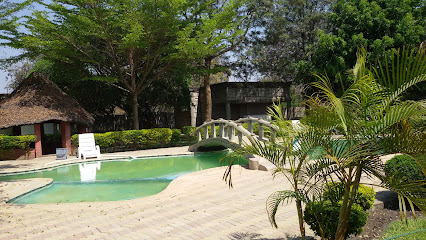
Unmissable attractions to see
The Big Tree National Monument
Discover the majestic Big Tree National Monument in Kabwe, a symbol of nature's beauty and Zambia's rich cultural heritage.
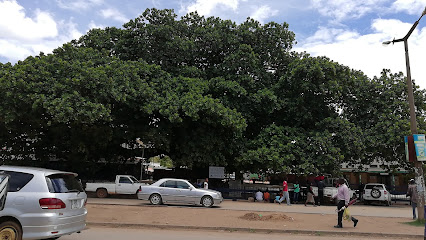
park
Explore the beauty and tranquility of Kabwe's premier park, a perfect retreat for nature lovers and families alike.
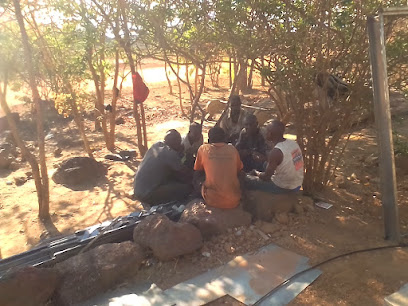
Alpil Gardens
Explore the tranquil beauty of Alpil Gardens in Kabwe, a serene escape with vibrant flora perfect for relaxation and peaceful moments amidst nature.

Paradise Park - Kabwe
Explore the serene landscapes and vibrant flora of Paradise Park, Kabwe—a perfect retreat for nature lovers and families seeking tranquility.

KuMushi Garden
Explore the serene beauty of KuMushi Garden in Kabwe, a perfect retreat for nature lovers and tranquility seekers.
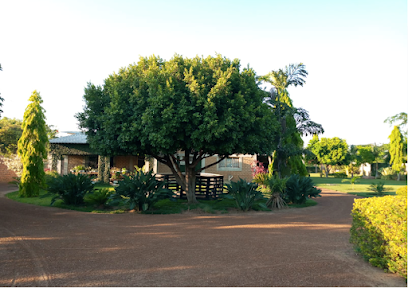
Broken Hill Man Monument
Discover the Broken Hill Man Monument in Kabwe, a striking tribute to the resilience of Zambian miners and a symbol of the region's rich history.

Lady Kays Garden Events
Explore the tranquil beauty of Lady Kays Garden Events in Kabwe, a lush park ideal for relaxation, picnics, and memorable gatherings.
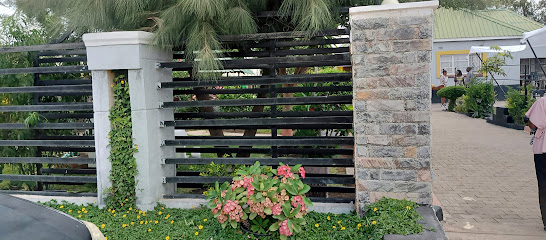
Amazing Bride
Explore the tranquility of Amazing Bride Park in Kabwe, a serene oasis perfect for relaxation, picnics, and enjoying the beauty of nature.
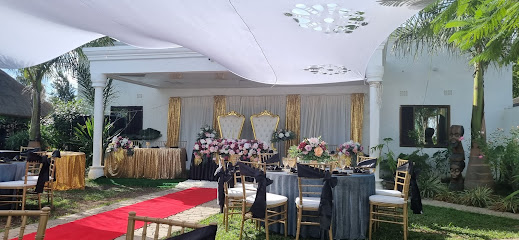
hills farm
Discover the breathtaking landscapes of Hills Farm in Kabwe, a premier hiking area for nature enthusiasts and adventure seekers in Zambia.

Sun Heaven 2
Experience tranquility and natural beauty at Sun Heaven 2, Kabwe's serene park perfect for relaxation and outdoor activities.

Umupando yakwa Lesa
Explore Umupando yakwa Lesa, a breathtaking hiking area in Kabwe, Zambia, where nature's beauty awaits at every turn.

Charles silungwe
Discover the breathtaking hiking trails and rich biodiversity of Charles Silungwe in Kabwe, Zambia, an outdoor paradise for nature lovers and adventurers.
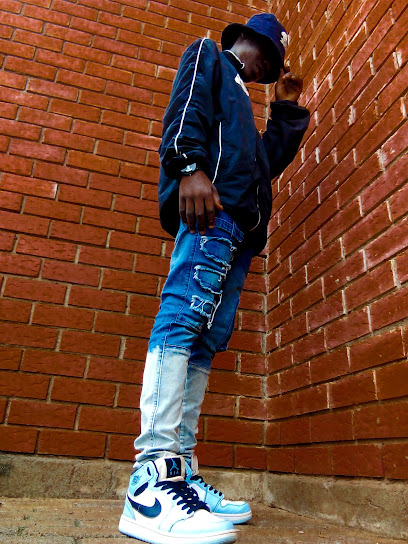
Pond of Hope
Explore the serene beauty of the Pond of Hope in Kabwe, a tranquil escape for nature lovers and peace seekers.
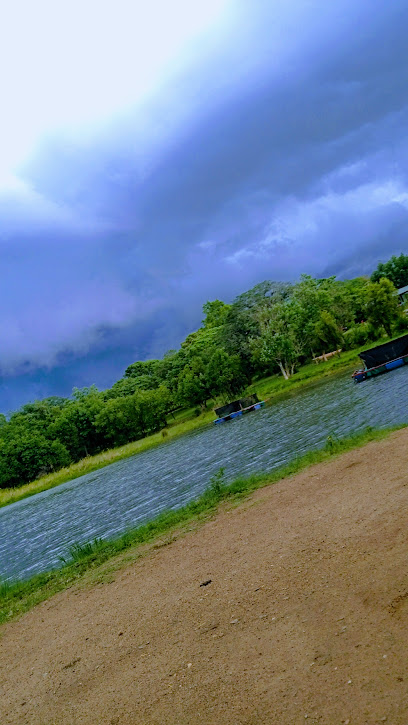
Essential places to dine
Hungry Lion Kabwe
Discover delicious fried chicken and fast food favorites at Hungry Lion Kabwe – where flavor meets convenience in the heart of Zambia.
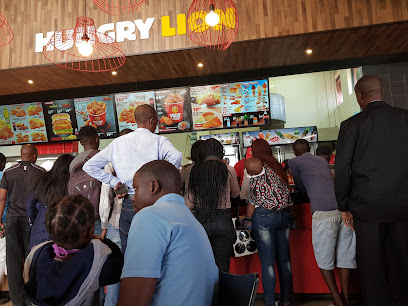
The Fig Tree Cafe
Experience delightful breakfasts at The Fig Tree Cafe in Kabwe - where local flavors meet inviting ambiance.
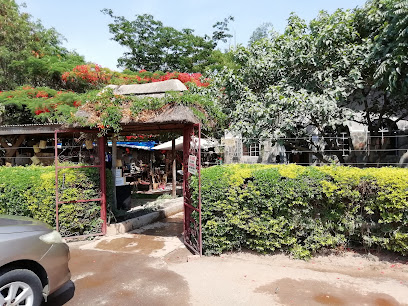
Debonairs Pizza
Experience delicious pizzas and local flavors at Debonairs Pizza in Kabwe - a must-visit spot for every traveler.
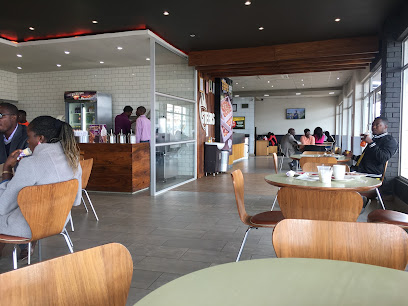
Cafe Choconilla
Experience exquisite dining at Cafe Choconilla in Kabwe – where local flavors meet international cuisine in an inviting atmosphere.
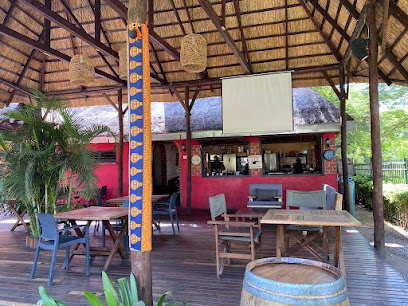
Kabwe Safari Lodge
Discover authentic Zambian flavors at Kabwe Safari Lodge, where culinary delights meet serene natural beauty in Kabwe.
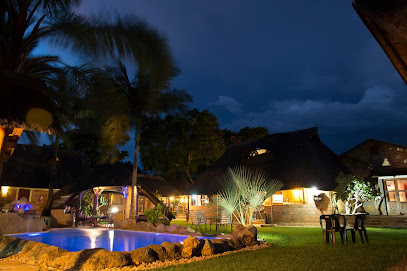
Zambezi source lodge
Discover delicious local cuisine and stunning views at Zambezi Source Lodge – your culinary retreat in Kabwe, Zambia.
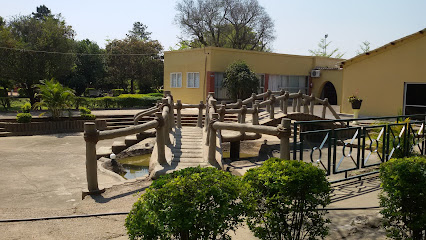
Mahak Indian Restaurant
Discover the rich flavors of India at Mahak Indian Restaurant in Kabwe - where every dish tells a story.
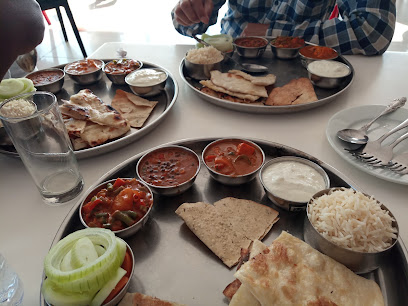
BIG BITE 2 TAKE AWAY
Experience delicious fast food at Big Bite 2 Take Away in Kabwe - where local flavors meet quick service!
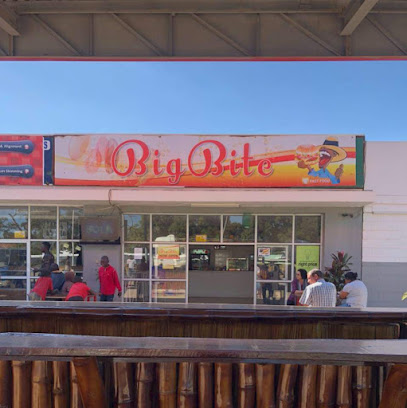
Sonet
Experience authentic Zambian cuisine and international flavors at Sonet in Kabwe - where every meal tells a story.
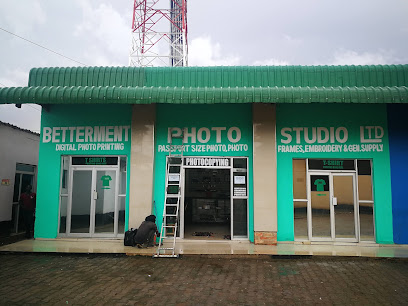
Nalochi river park (The White House)
Experience culinary delights amidst breathtaking scenery at Nalochi River Park in Kabwe—where nature meets flavor.
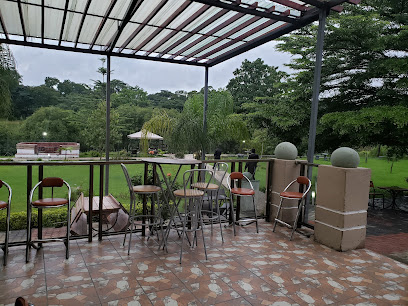
BM Centre
Experience the best of Zambian cuisine at BM Centre in Kabwe—where tradition meets flavor in a welcoming atmosphere.
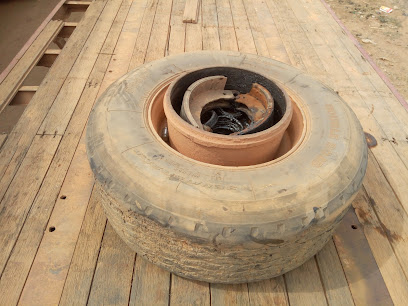
Shazzias Pizza And Grill
Experience delightful pizzas and grilled delicacies at Shazzias Pizza And Grill in Kabwe - a culinary haven for every tourist!
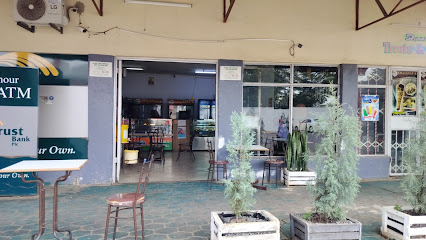
Swank Foods
Experience authentic Zambian cuisine at Swank Foods in Kabwe – a culinary haven for food enthusiasts.
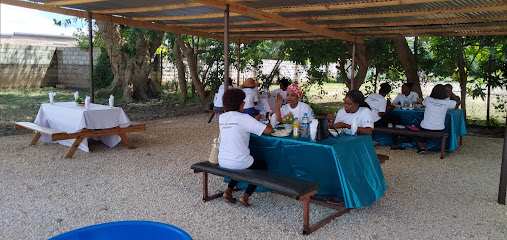
The Ranch
Discover delectable grilled dishes at The Ranch in Kabwe – where local flavors meet a vibrant dining experience.
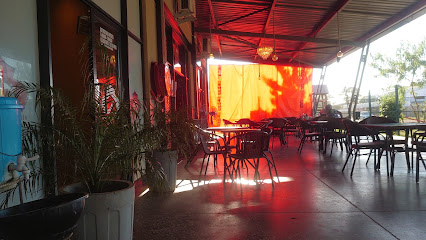
Pilgrims Motel
Discover the essence of Zambian culture through delightful cuisine at Pilgrims Motel in Kabwe.
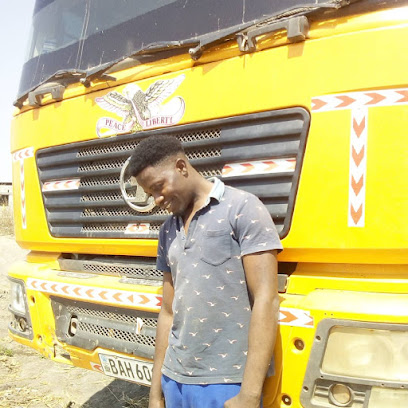
Markets, malls and hidden boutiques
Kabwe Mall
Discover Kabwe Mall, the heart of shopping and entertainment in Kabwe, where local culture meets modern retail.
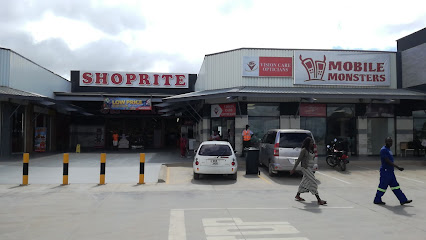
Kabwe Mall . Kabwe Shoprite
Discover shopping, dining, and local culture at Kabwe Mall, a vibrant hub in the heart of Zambia, perfect for tourists and locals alike.
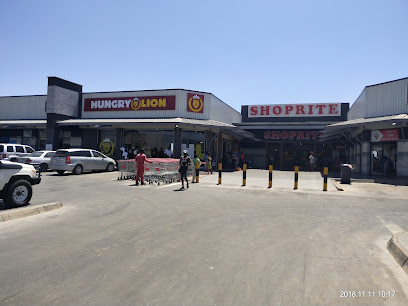
Shoprite Kabwe
Discover the best of local and international groceries at Shoprite Kabwe, your premier supermarket destination in Zambia.
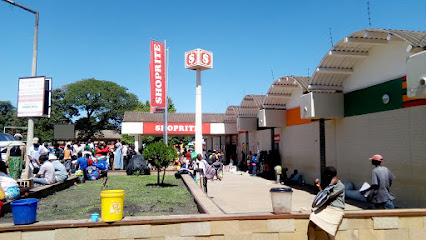
Grand Mart
Discover the vibrant Grand Mart in Kabwe, your go-to supermarket for local produce, essentials, and a taste of Zambian culture.
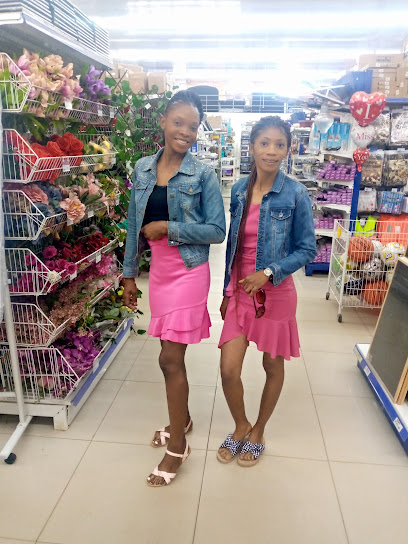
Bankers Shopping Centre
Discover shopping delights and culinary treats at Bankers Shopping Centre, a hub of retail and dining in Kabwe, Zambia.
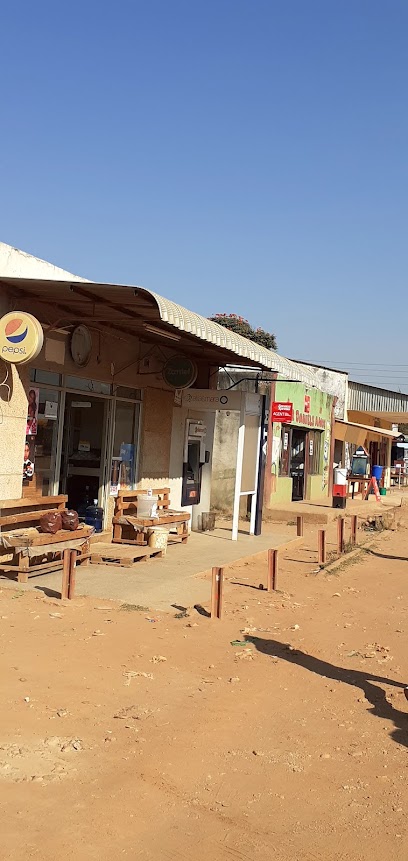
Shoprite Mulungushi Kabwe
Experience local shopping at Shoprite Mulungushi Kabwe, your go-to supermarket for fresh produce and Zambian delicacies.
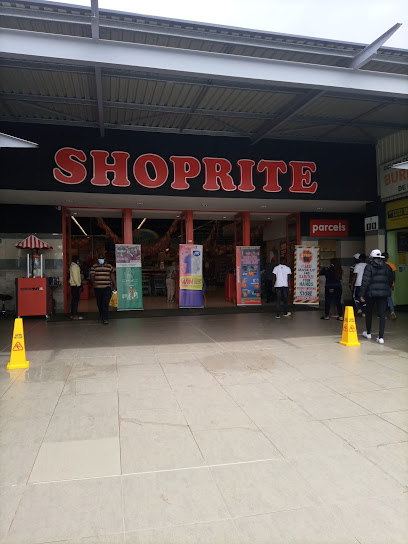
PEP Zambia Kabwe 2
Explore PEP Zambia in Kabwe for stylish clothing, from trendy outfits for men and women to adorable baby wear, all at affordable prices.
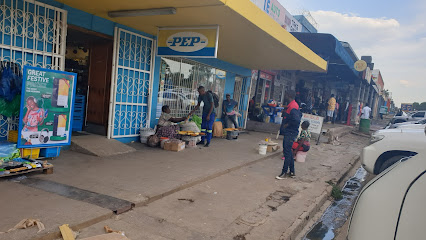
mud boutique kabwe mall
Explore Mud Boutique Kabwe Mall for trendy fashion, unique clothing, and accessories that celebrate local style and craftsmanship.
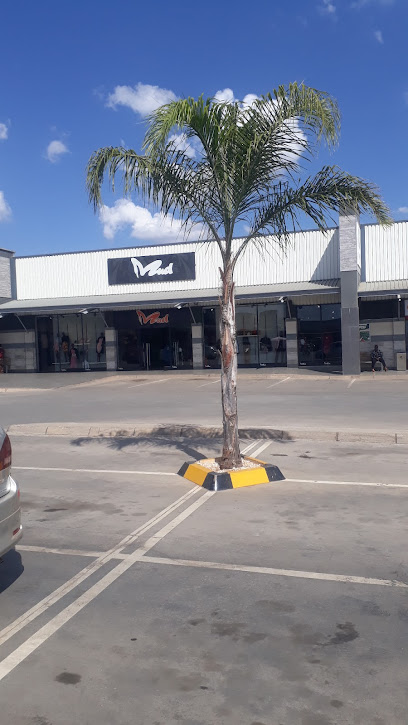
Young Phiroz
Discover the vibrant culture of Zambia at Young Phiroz, a hidden shopping gem in Kabwe offering unique local crafts and souvenirs.
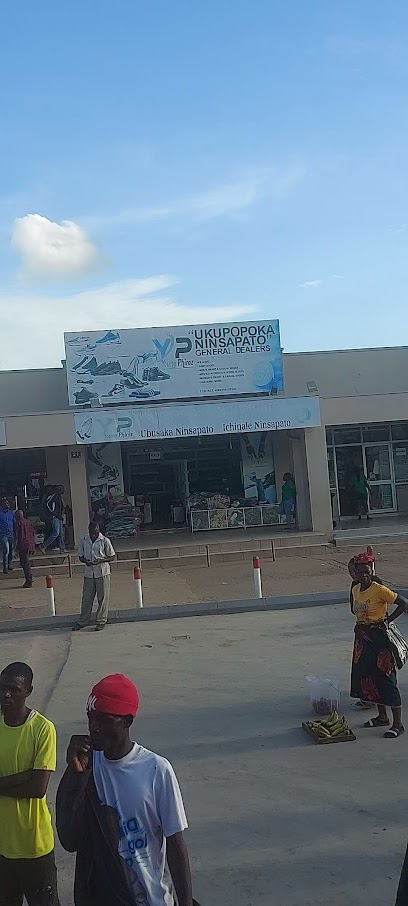
Lukanga Store
Explore the unique offerings of Lukanga Store, where local craftsmanship meets genuine hospitality in Kabwe's heart.

Nakoli Market
Discover the vibrant essence of Zambian culture at Nakoli Market, where fresh produce and local craftsmanship come alive in Kabwe.
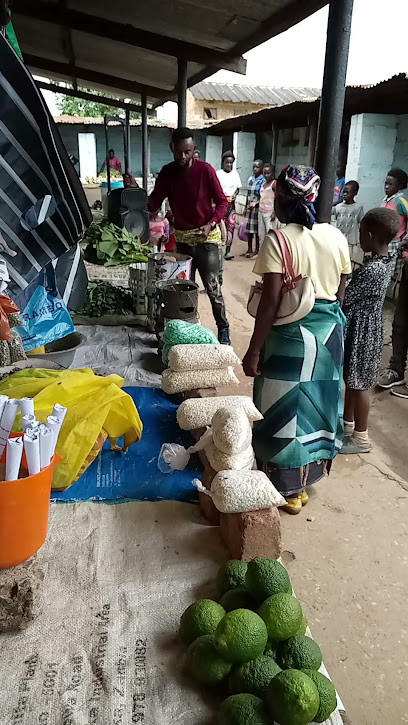
Radian Stores
Discover the vibrant shopping experience at Radian Stores, a premier retail destination in Kabwe, Zambia, offering a variety of quality products for every need.
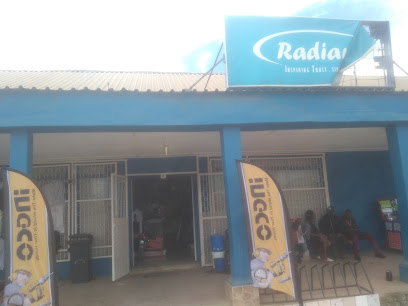
ALL STREET
Explore unique Zambian fashion at ALL STREET in Kabwe, a vibrant clothing store offering stylish attire and accessories for every traveler.
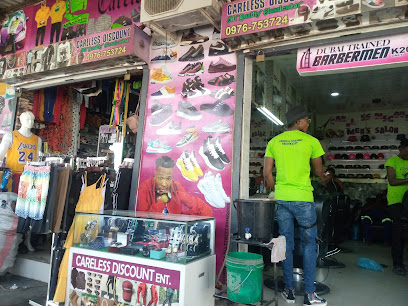
Carless discount
Explore the vibrant fashion scene at Carless Discount, Kabwe's go-to clothing store for stylish apparel and unbeatable prices.
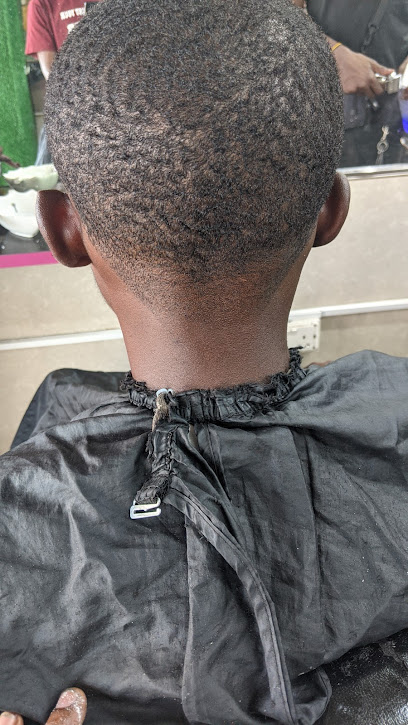
The Bed Shop Kabwe Mall
Discover top-quality beds and bedding essentials at The Bed Shop in Kabwe Mall for a restful and rejuvenating travel experience.

Essential bars & hidden hideouts
The Tall Trees Bar Kabwe
Experience vibrant local culture and refreshing drinks at The Tall Trees Bar in Kabwe, a perfect spot to unwind after exploring Zambia.
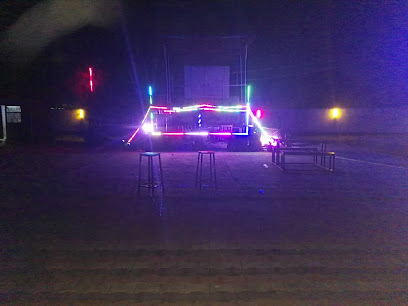
Zero Degrees (Club & Restuarant)
Experience the vibrant nightlife at Zero Degrees in Kabwe, where delicious food and refreshing drinks await you in a lively atmosphere.
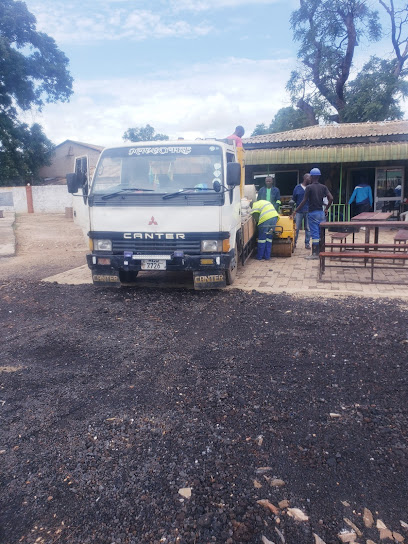
The Ranch
Discover the vibrant flavors of Kabwe at The Ranch, a top grill restaurant offering an unforgettable dining experience with delicious grilled specialties.
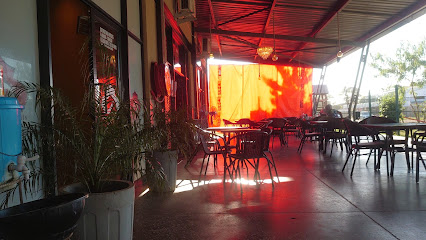
The World Pub & Grill
Discover Kabwe’s local flavors at The World Pub & Grill, where vibrant atmosphere meets delicious cuisine in a cozy bar setting.
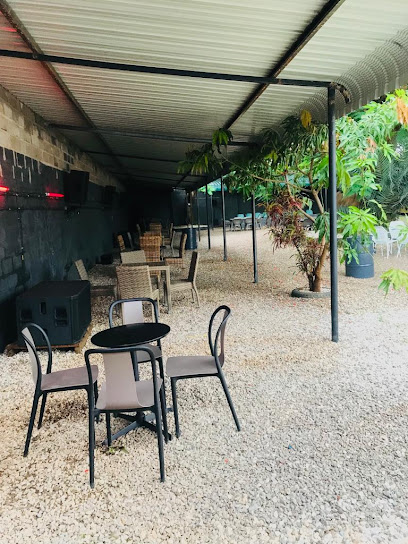
Pana Adess Drinking Pub
Discover the vibrant nightlife at Pana Adess Drinking Pub in Kabwe, a perfect blend of local culture and lively atmosphere.

Amazing garden
Discover Amazing Garden: A tranquil bar in Kabwe where nature meets vibrant local culture, perfect for relaxation and enjoyment.
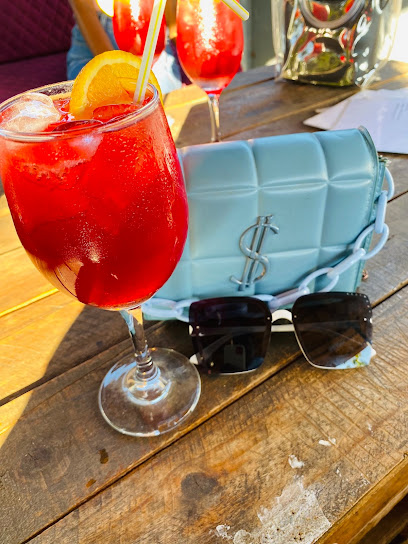
All seasons bar
Experience the vibrant nightlife and local culture at All Seasons Bar in Kabwe, Zambia – your perfect social hub for relaxation and fun.
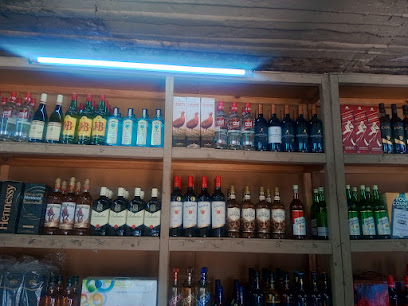
Daknite Zone Pub & Grill
Discover local charm at Daknite Zone Pub & Grill in Kabwe, where great food, drinks, and lively atmosphere await every tourist.
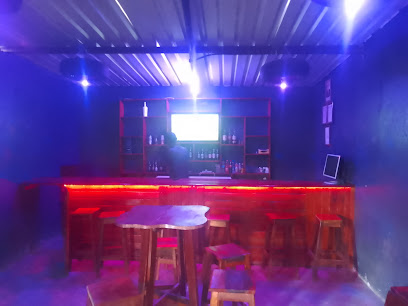
Bikers Pub
Enjoy a flavorful grill experience at Bikers Pub, a vibrant bar and grill in Kabwe offering local and international dishes in a welcoming atmosphere.
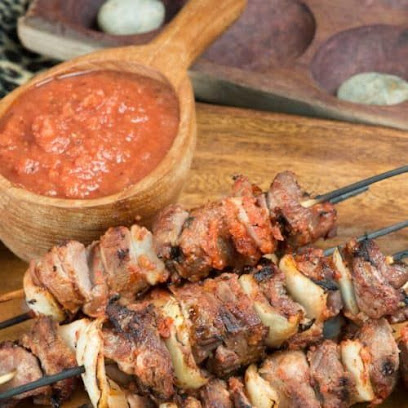
Pali kabaso
Experience the vibrant nightlife at Pali Kabaso, a premier bar in Kabwe offering local and international drinks in a welcoming atmosphere.

Jazzy Liquor
Discover the lively nightlife at Jazzy Liquor, a premier bar in Kabwe offering a diverse drink selection and a welcoming atmosphere.
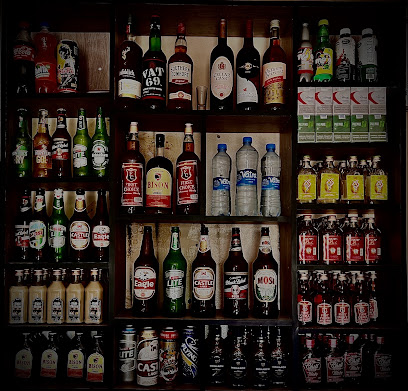
Ngungu bar
Discover the authentic charm of Ngungu Bar in Kabwe, where locals gather for drinks and vibrant cultural experiences.
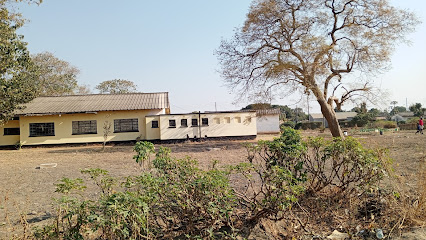
HYPE PUB
Discover the lively ambiance of HYPE PUB in Kabwe, where local brews, music, and vibrant culture come together for an unforgettable experience.

Muzo 28 Pub and Grill
Experience the vibrant atmosphere and delicious local cuisine at Muzo 28 Pub and Grill in Kabwe, Zambia, a perfect spot for relaxation and enjoyment.

Local Phrases
-
- HelloMwaiseni
[Mwai-see-nee] - GoodbyeSalamoneni
[Sa-la-mo-nee-nee] - YesEe
[Ee] - NoAwe
[A-weh] - Please/You're welcomeKuonako
[Kwo-na-ko] - Thank youNatotela
[Na-to-te-la] - Excuse me/SorryNshilila
[N-shee-lee-la] - How are you?Uluse
[U-lu-se] - Fine. And you?Nakwesu. Iwe?
[Na-kweh-soo. Ee-weh?] - Do you speak English?Ulaya cinyanja?
[U-la-ya chi-nyan-ja?] - I don't understandSindikwatako
[Sin-dee-kwa-ta-ko]
- HelloMwaiseni
-
- I'd like to see the menu, pleaseNchitenge chalimo, musunga
[N-chee-ten-ge cha-lee-mo, mu-soon-ga] - I don't eat meatSine pondelela inswa
[See-neh pon-de-le-la een-swa] - Cheers!Mwaiseni
[Mwai-see-nee] - I would like to pay, pleaseNchitenge chalimo, musunga
[N-chee-ten-ge cha-lee-mo, mu-soon-ga]
- I'd like to see the menu, pleaseNchitenge chalimo, musunga
-
- Help!Chinyama!
[Chi-nya-ma!] - Go away!Leka!
[Leh-ka!] - Call the Police!Pangilani abanankwe!
[Pan-gee-la-nee a-ba-nan-kwe!] - Call a doctor!Pangilani musunge!
[Pan-gee-la-nee mu-soon-ga!] - I'm lostNilefwa
[Ni-le-fwa] - I'm illNilefwa
[Ni-le-fwa]
- Help!Chinyama!
-
- I'd like to buy...Nsonda kusunga...
[N-soon-da koo-soon-ga...] - I'm just lookingNdabala
[N-da-ba-la] - How much is it?Ni pindikani?
[Nee pin-dee-ka-nee?] - That's too expensiveKwati kusuma
[Kwa-tee koo-soo-ma] - Can you lower the price?Uka sowera pindikani?
[U-ka so-we-ra pin-dee-ka-nee?]
- I'd like to buy...Nsonda kusunga...
-
- What time is it?Ni mitika wachitatu?
[Nee mee-tee-ka wa-chee-ta-too?] - It's one o'clockNi mitika wachimo
[Nee mee-tee-ka wa-chee-mo] - Half past (10)Ni mitika wachinono
[Nee mee-tee-ka wa-chee-no-no] - MorningChikulu
[Chee-koo-loo] - AfternoonChisungu
[Chee-soon-goo] - EveningChibizo
[Chee-bee-zo] - YesterdayKalasa
[Ka-la-sa] - TodayLero
[Le-ro] - TomorrowNtchito
[Nt-chee-to] - 1Imwe
[Eem-weh] - 2Ibili
[Ee-bee-lee] - 3Icana
[Ee-cha-na] - 4Inayi
[Ee-na-yee] - 5Itanu
[Ee-ta-noo] - 6Izungu
[Ee-zoon-goo] - 7Isano
[Ee-sa-no] - 8Isanu
[Ee-sa-noo] - 9Isambili
[Ee-sa-mbee-lee] - 10Kumi
[Koo-mee]
- What time is it?Ni mitika wachitatu?
-
- Where's a/the...?Ipo...?
[Ee-po...?] - What's the address?Ni chizindiko chani?
[Nee chee-zin-dee-ko cha-nee?] - Can you show me (on the map)?Uka nenekeso (pa mapu)?
[U-ka ne-ne-ke-so (pa ma-poo)?] - When's the next (bus)?Busi yachikati ndi lero?
[Boo-see ya-chee-ka-tee N-dee le-ro?] - A ticket (to ....)Chikiti (ku ....)
[Chee-kee-tee (koo...)]
- Where's a/the...?Ipo...?
History of Kabwe
-
Kabwe, originally known as Broken Hill, was established in 1902 as a major mining town. The discovery of zinc and lead deposits attracted settlers and workers from various regions, leading to the town's rapid growth. The name 'Kabwe' means 'ore' or 'smelting' in the local Bemba language, reflecting its mining heritage.
-
In 1921, one of the most significant archaeological finds was made in Kabwe: the Kabwe Skull, also known as the Broken Hill Skull. This Homo rhodesiensis fossil provided crucial insights into the evolution of early humans. The skull is now housed in the Natural History Museum in London, but its discovery put Kabwe on the map for paleoanthropologists worldwide.
-
Kabwe played a pivotal role in Zambia's struggle for independence from British colonial rule. The town was a hotspot for political activism and rallies organized by the United National Independence Party (UNIP) in the 1950s and 1960s. Key figures, including Kenneth Kaunda, Zambia's first president, frequently visited Kabwe to garner support and mobilize the local population.
-
Following Zambia's independence in 1964, Kabwe underwent significant economic changes. The nationalization of mines and industries led to varying degrees of success. While the mining sector faced challenges, efforts were made to diversify the local economy. Agriculture and manufacturing began to play more substantial roles in Kabwe's development.
-
The legacy of mining in Kabwe has left a complex environmental footprint. Decades of lead and zinc extraction have resulted in soil and water contamination, posing health risks to residents. In recent years, both local and international organizations have undertaken efforts to rehabilitate the environment and address these issues. Community initiatives have also been launched to educate and protect the local population.
-
Kabwe is a melting pot of cultures, with a rich tapestry of local traditions and customs. The Bemba, Tonga, and other ethnic groups contribute to the town's vibrant cultural scene. Traditional music, dance, and festivals are integral parts of life in Kabwe, offering visitors a glimpse into the area's diverse heritage. The annual Kulamba Kubwalo ceremony, for instance, is a significant cultural event that celebrates the unity and identity of the Lenje people.
Kabwe Essentials
-
Kabwe is located in central Zambia, approximately 140 kilometers north of the capital, Lusaka. The nearest international airport is Kenneth Kaunda International Airport in Lusaka. From Lusaka, you can take a bus or hire a taxi to Kabwe. The bus journey typically takes about 2 to 3 hours, depending on traffic. Alternatively, you can rent a car and drive to Kabwe, which allows for more flexibility and exploration of the surrounding areas.
-
Within Kabwe, transportation options include taxis, minibuses, and bicycle taxis. Taxis are readily available and are a convenient way to get around the city. Minibuses are a more affordable option and operate on fixed routes. Bicycle taxis offer a unique and eco-friendly way to explore the city. Car rental services are available for those who prefer the independence of driving themselves. Walking is also a viable option for short distances.
-
The official currency in Zambia is the Zambian Kwacha (ZMW). Credit and debit cards are accepted in major hotels, restaurants, and supermarkets, but it is advisable to carry cash, especially when visiting local markets and smaller establishments. ATMs are available in Kabwe, and it is recommended to withdraw sufficient cash for your daily needs. Currency exchange services are also available at banks and authorized exchange bureaus.
-
Kabwe is generally safe for tourists, but it is important to take standard precautions. Avoid walking alone at night, especially in unlit or unfamiliar areas. Be cautious with your belongings in crowded places to prevent pickpocketing. Certain neighborhoods, such as Makululu, have higher crime rates, so it is best to avoid these areas. Always stay aware of your surroundings and follow local advice.
-
In case of emergency, dial 999 for police assistance and 992 for medical emergencies. Kabwe General Hospital is the main medical facility in the city and provides emergency services. It is advisable to have travel insurance that covers medical emergencies. For minor health issues, there are several pharmacies in Kabwe where you can purchase over-the-counter medications.
-
Fashion: Do dress modestly, especially when visiting religious sites and rural areas. Avoid wearing revealing clothing. Religion: Do respect local customs and traditions. When visiting churches, dress conservatively and be mindful of your behavior. Public Transport: Do be respectful to fellow passengers. Don't eat or drink on public transport. Greetings: Do greet people with a handshake. A friendly smile and a respectful greeting in the local language, Bemba, are appreciated. Eating & Drinking: Do try local dishes and accept food offerings graciously. Don't refuse hospitality, as it is considered impolite.
-
To experience Kabwe like a local, visit the bustling local markets, such as the Kabwe Central Market, where you can buy fresh produce, crafts, and traditional goods. Engage with locals, who are often friendly and eager to share their culture and history. Don't miss visiting the historic Broken Hill Mine and the Big Tree National Monument. For a unique experience, take a walk along the Lukanga Swamps, a beautiful natural area just outside of Kabwe.
Nearby Cities to Kabwe
-
Things To Do in Lusaka
-
Things To Do in Ndola
-
Things To Do in Kitwe
-
Things To Do in Kariba
-
Things To Do in Solwezi
-
Things To Do in Chinhoyi
-
Things To Do in Chipata
-
Things To Do in Harare
-
Things To Do in Livingstone
-
Things To Do in Victoria Falls
-
Things To Do in Hwange
-
Things To Do in Kasane
-
Things To Do in Kasama
-
Things To Do in Katima Mulilo
-
Things To Do in Lilongwe







